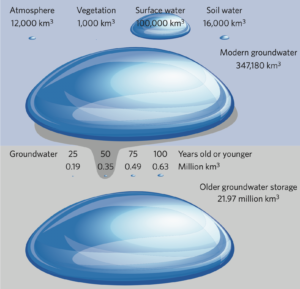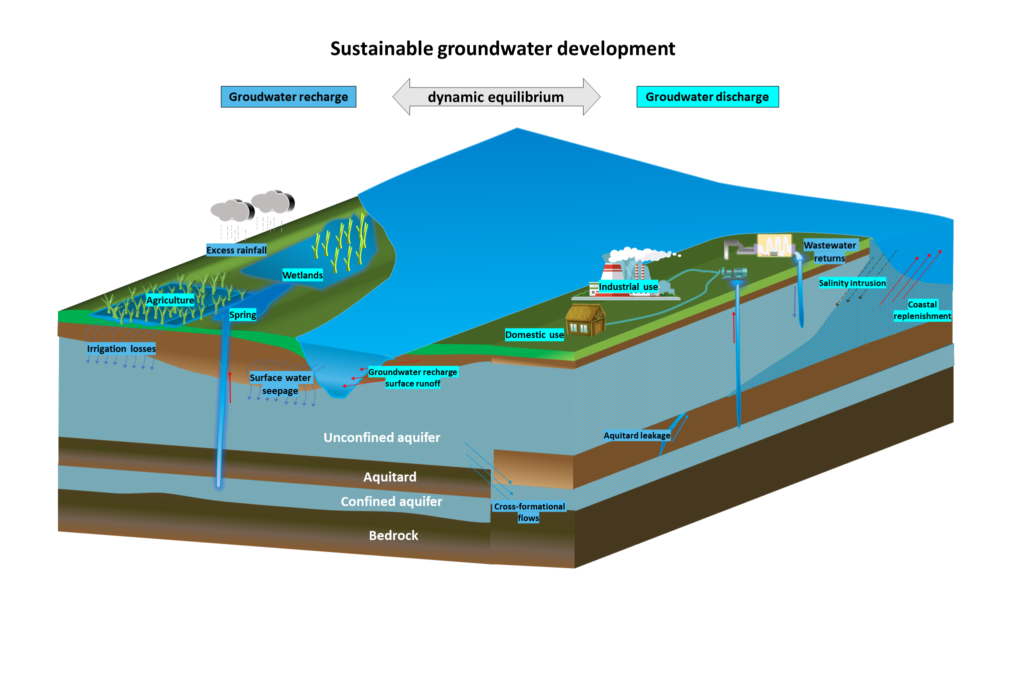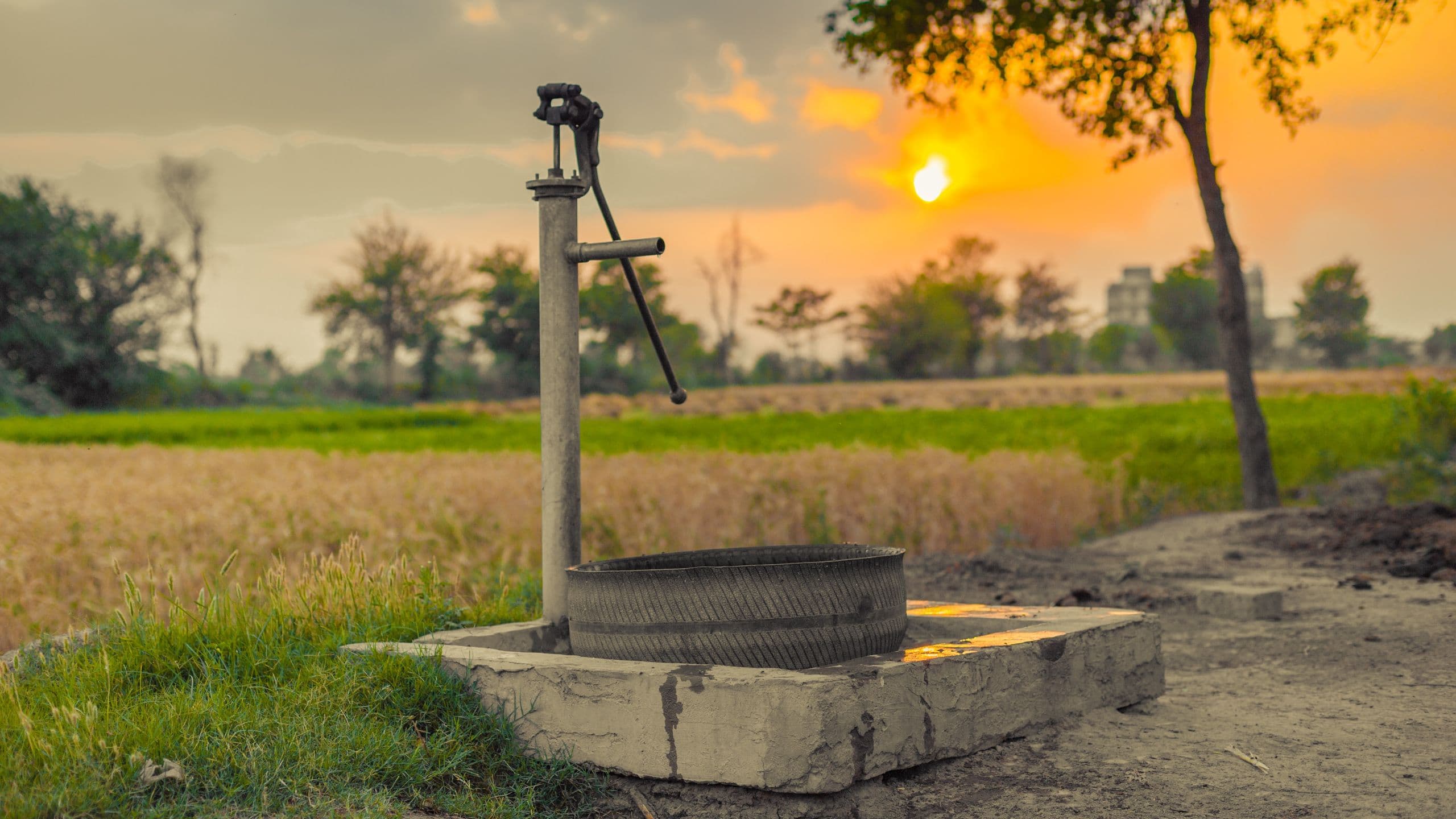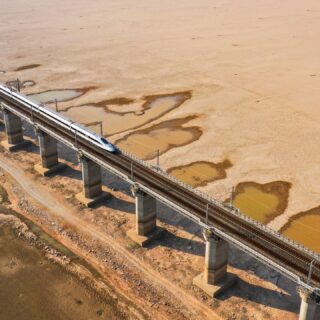World Water Day 2022
Why We Need Attention for Groundwater
Groundwater is the water stored in the pore spaces of soil or fractures of rock formations beneath the Earth’s surface. It accounts for somewhat 24.7% of the earth’s freshwater. Groundwater is a major freshwater source and therefore critical for the human kind. On average, there is approximately a quarter of global freshwater supply coming from groundwater, among which around two-thirds goes to agricultural irrigation, about one-fifth is used for domestic consumption, and one-tenth for industrial use. Almost half of the drinking water around the globe comes from groundwater. Groundwater is also an indispensable element to earth’s ecology. It is an important buffer for ecosystems like rivers, lakes, wetlands, estuaries and seashores that depend on groundwater. Groundwater is also an important carrier of geothermal energy.
However, groundwater is not inexhaustible. Underground layers rich in groundwater are often called “aquifers”. After the extraction of groundwater, some aquifers could quickly be replenished through rainfall or seepage of surface water, others might taker much longer time, sometimes even hundreds of years, to recover. The time that aquifers require to be replenished is called “groundwater age“. Of earth’s groundwater reserve, around 93% is more than 100 years old in age. Moreover, intensified pollution to aquifers out of increased human activities threatens groundwater development. The changes in the global water cycle and water demand out of climate change are also impacting the earth’s groundwater reserve profoundly.

In China, its groundwater availability is not abundant overall, and is unevenly distributed across the country. As China goes through its process of modernisation, industrialisation and urbanisation, China’s groundwater management is challenged by shortage and pollution. According to a study of the Chinese Academy of Sciences, around 15% of the country sees pollution in groundwater with prominent inorganic nitrogen, heavy metal and organic pollutants. Out of excessive extraction, parts of the country are facing the depletion of groundwater, which has led to land subsidence and wetland degradation in the North China Plain and the Yangtze Delta, and seawater intrusion along north China coasts. To protect and sustainably use groundwater is an urgent issue for the country.
It is also a critical challenge for many countries or regions to protect groundwater reserves and maintain water security to sustain social, environmental and economic systems. To use groundwater sustainably and make the most of its social, environmental and economic benefits, the key lies with balancing the consumption and recharge of groundwater. Therefore, sustainability of groundwater development is dependant on: 1) managing pollution effectively to control groundwater quality, 2) preventing depletion out of excessive extraction, and 3) maintaining the renewability of groundwater reserve under present and future climate regimes.

As China ventures into its new stage of development, the country is giving high attention to its ecological wellbeing, or ‘ecological civilization’. To better manage groundwater and prevent pollution and over-extraction, the State Council released China’s Regulations on Groundwater Management, which lays out its ambition in groundwater planning, protection and conservation, regulating over-extraction, pollution control, oversight and legal accountabilities.
For researchers focusing on groundwater, to support its protection and sustainable use, it is our responsibility to make more efforts to better understand its formation and distribution, transport of matters and energy, monitoring and simulation, and nexus relationship to social, environmental and economic systems.




